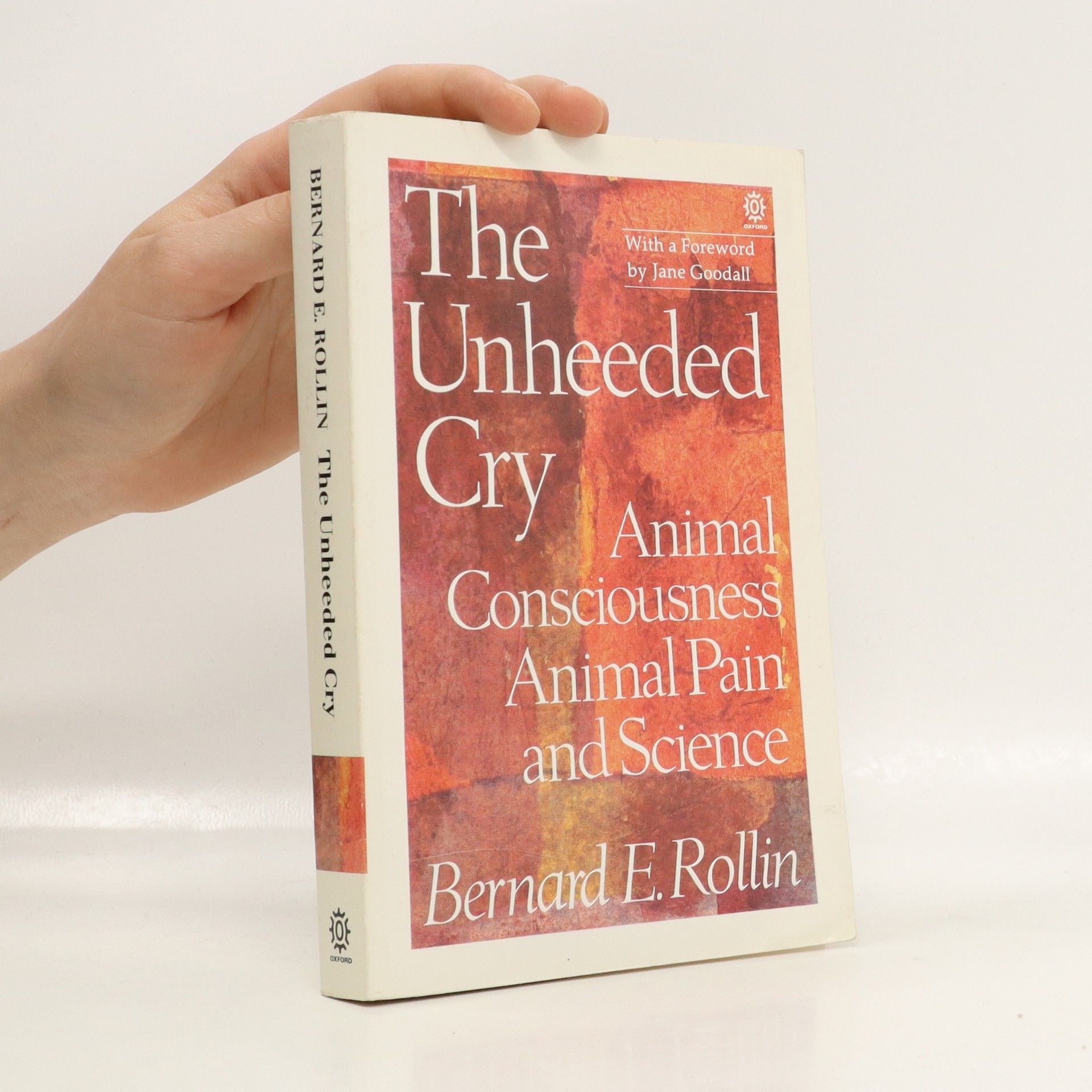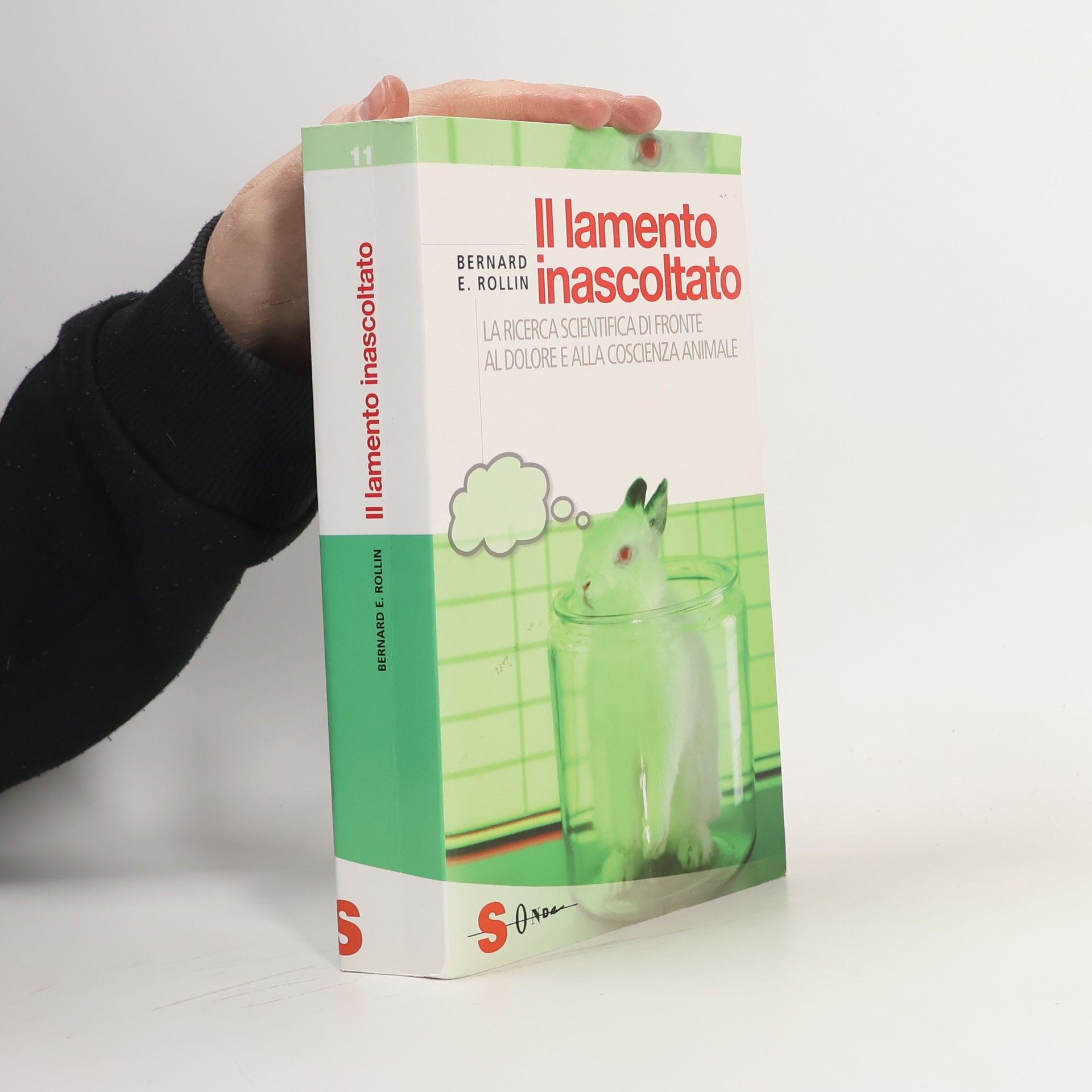Il lamento inascoltato
La ricerca scientifica di fronte al dolore e alla coscienza animale
- 423pagine
- 15 ore di lettura
Contro ogni evidenza, nel mondo scientifico è diffusa la convinzione che non possiamo essere certi che gli animali provino dolore, paura, disagio, ansia. Per modificarla è necessaria una teoria etica radicata nelle credenze morali comuni che estenda anche agli animali i principi etici che la società fa valere per le persone. In breve, serve una nuova etica sociale per gli animali. Bernard E. Rollin, filosofo accademico ed esperto di benessere animale, dimostra che scienza ed etica non sono due discipline in antitesi, ma che devono invece coesistere e collaborare, anche per quanto riguarda lo studio del mondo animale. Il saggio è permeato dall’humour dell’autore e arricchito da numerosi aneddoti tratti dalla sua lunga esperienza sul campo. Rollin dà vita a un dialogo tra i vari «attori» coinvolti, creando le condizioni per migliorare la situazione degli animali. Offre una visione rigorosa e innovativa della complessità della coscienza animale e una testimonianza della forza con cui la crescente sensibilità sociale verso gli animali può generare cambiamenti radicali. L’edizione italiana è curata da Barbara de Mori, docente di Bioetica veterinaria presso la Facoltà di Medicina veterinaria dell’Università di Padova.


